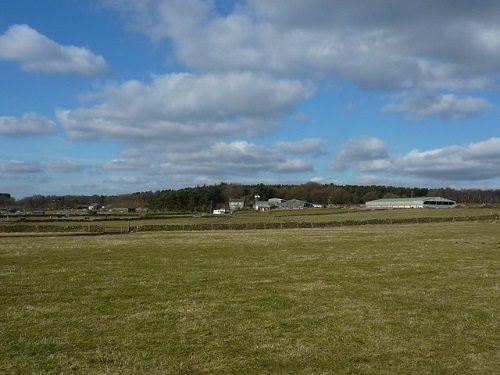
February 18, 2015;Bonney Lake Courier-Herald
In Pierce County, Washington, thousands of acres of farmland have been lost in conversion to non-farm uses over the last twenty or so years. The county wants to reverse that trend through market-based mechanisms, and their biggest project to date has been the conversion of the century-old, 153-acre Matlock Farm. The deal to do so was crafted with the help of Forterra, a regional conservation and community building nonprofit, ensuring in the end that this large working farm will be farmed for generations to come.
Sign up for our free newsletters
Subscribe to NPQ's newsletters to have our top stories delivered directly to your inbox.
By signing up, you agree to our privacy policy and terms of use, and to receive messages from NPQ and our partners.
Here’s how it worked: Using grants, the county purchased 37 acres of the farm through its conservation futures program to protect waterways. It also purchased a conservation easement on 116 acres of the property, which protects it from development and conserves it for farming. Then, two local family farmers bought the land, which they will manage for agricultural purposes.
All parties appear to be well pleased:
- “Protecting this property fairly compensates the existing landowners for their long-term investment, makes the land affordable for new farmers, and keeps the land for farming and open space forever,” said Pierce County Executive Pat McCarthy. “Whether we live in cities, suburbs or out in the country, we all benefit from local farms.”
- “As stewards of the property for more than 60 years, we are very happy to see it go to the next generation of Puyallup Valley farmers,” said Ivan Matlock, co-owner of the farm. “Forterra has been an exceptional partner for our family.”
- “By guaranteeing that the property will forever be a working farm, we can ensure that it will continue to provide community, economic, and environmental benefits for generations to come,” said Jordan Rash, the nonprofit’s conservation director.
On its website, Forterra says it has “successfully led efforts to conserve nearly 234,000 acres of forests, farms, shorelines, parks and natural areas and restore critical landscapes.” It “encourages collaboration across all sectors and balances environmental, social and economic needs. We emphasize the link between vibrant cities and healthy rural lands and use creative new ways to protect land on a scale never seen before.”—Ruth McCambridge













